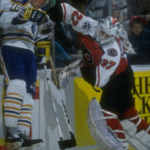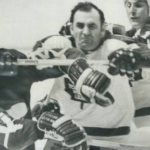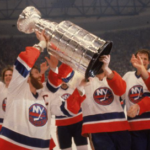In the storied history of the Philadelphia Flyers, few figures stand as tall as Bobby Clarke. Serving as the team’s captain throughout the 1970s, Clarke not only led the Flyers to two consecutive Stanley Cups but also embodied the grit, determination, and passion that defined the “Broad Street Bullies” era. Let’s have a look at the captivating journey of Bobby Clarke, exploring his impact on the team, the city of Philadelphia, and the game of hockey as a whole.
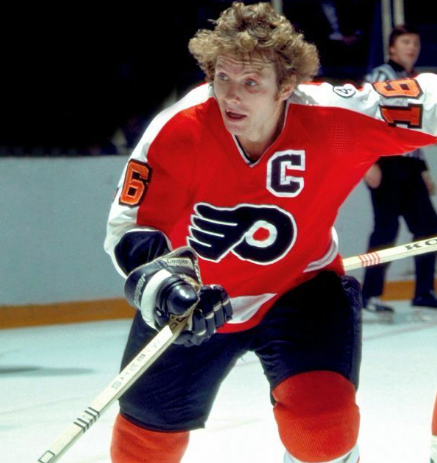
The Early Years:
Born on August 13, 1949, in Flin Flon, Manitoba, Bobby Clarke displayed his hockey prowess from a young age. Clarke became a star with the Flin Flon Bombers and led the league in scoring during his last three years of junior.
NHL teams passed on Clarke in the first round of the 1969 draft because he had Type 1 diabetes. But the Flyers took a chance drafting him 17th in the second round. It ended up being a pretty good move. He quickly became a key player for the team. His exceptional skill, coupled with his tenacity and leadership qualities, marked him as a rising star in the NHL.
Leadership On and Off the Ice:
Clarke was named the captain of the Flyers in 1973, a position he held for the next eight years. His leadership was not just about scoring goals or making plays; it was about setting the tone for the entire team. Clarke’s willingness to sacrifice his body, play through injuries, and battle opponents in the corners endeared him to both teammates and fans alike. He was the embodiment of the Flyers’ aggressive style of play and was instrumental in cultivating the team’s identity as the “Broad Street Bullies.”
Two Consecutive Stanley Cups:
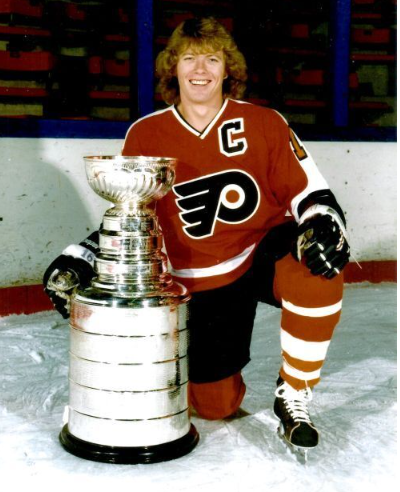
Under Clarke’s captaincy, the Flyers achieved unprecedented success by winning back-to-back Stanley Cups in the 1973-74 and 1974-75 seasons. Clarke’s skillful playmaking and ability to score crucial goals in clutch moments played a pivotal role in the team’s triumphs. The Flyers’ physical style of play, often controversial, brought them both admiration and criticism, but there was no denying the impact of Clarke’s leadership on the ice.
Individual Achievements:
In addition to team success, Clarke’s individual accomplishments solidified his place among hockey legends. He won the Hart Trophy for the NHL’s Most Valuable Player three times during the 1970s, a testament to his skill, dedication, and influence on the game.
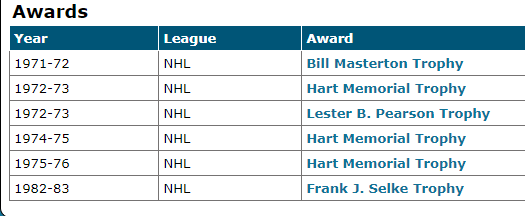
Legacy and Impact:
Bobby Clarke’s legacy extends beyond the accolades and championships. His impact on the city of Philadelphia and the sport of hockey as a whole is immeasurable. He set a standard for leadership and commitment that inspired future generations of players, both in Philadelphia and around the league.
Post-Playing Career:
After retiring as a player, Clarke continued his association with the Flyers, serving in various executive roles, including general manager and senior vice president. His commitment to the organization showcased his enduring love for the team and the city.
Conclusion:
Bobby Clarke’s captaincy during the 1970s remains an important chapter in the history of the Philadelphia Flyers. His leadership, skill, and unyielding determination left an incredible mark on the sport of hockey. As fans look back on the glory days of the “Broad Street Bullies,” Bobby Clarke stands as a symbol of the Flyers’ never-say-die attitude and the embodiment of what it means to be a true leader on and off the ice.
Thanks for your time. Please leave comments and suggestions below.


